The Importance of VPNs for Online Privacy: A Comprehensive Guide
Overview
Online privacy matters more than ever today. With hackers, data breaches, and tracking everywhere, keeping your information safe is a must. A Virtual Private Network (VPN) is one of the best tools to protect yourself online. This guide explains why and how to use it.
What is a VPN?
A VPN creates a secure connection between your device and the internet. Think of it as a private tunnel. It encrypts your data and hides your location by routing everything through a remote server. This stops others from spying on what you do online.
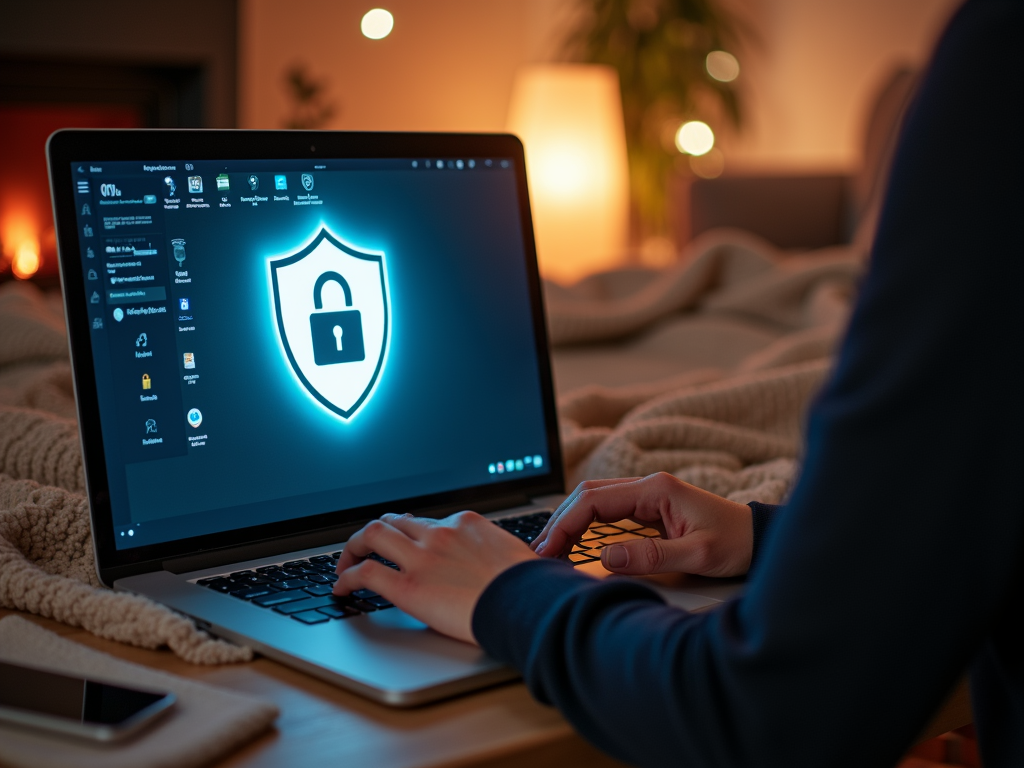
Why VPNs Matter for Online Privacy
I’ve been using VPNs for years, and they’ve saved me more than once. Here’s why The Importance of VPNs for Online Privacy can’t be overstated:
- Encryption Keeps You Safe: Your data gets scrambled so no one can read it, even if they intercept it.
- Stay Hidden: Your real IP address stays secret, so websites and advertisers can’t follow you.
- Public Wi-Fi Protection: I’ve connected to coffee shop Wi-Fi without worry, knowing my VPN shields me from risks.
- Access Freedom: Some places block websites. A VPN lets you get past that.
A Pew Research Center study found 81% of Americans feel they can’t control their data. VPNs help take back some of that power.
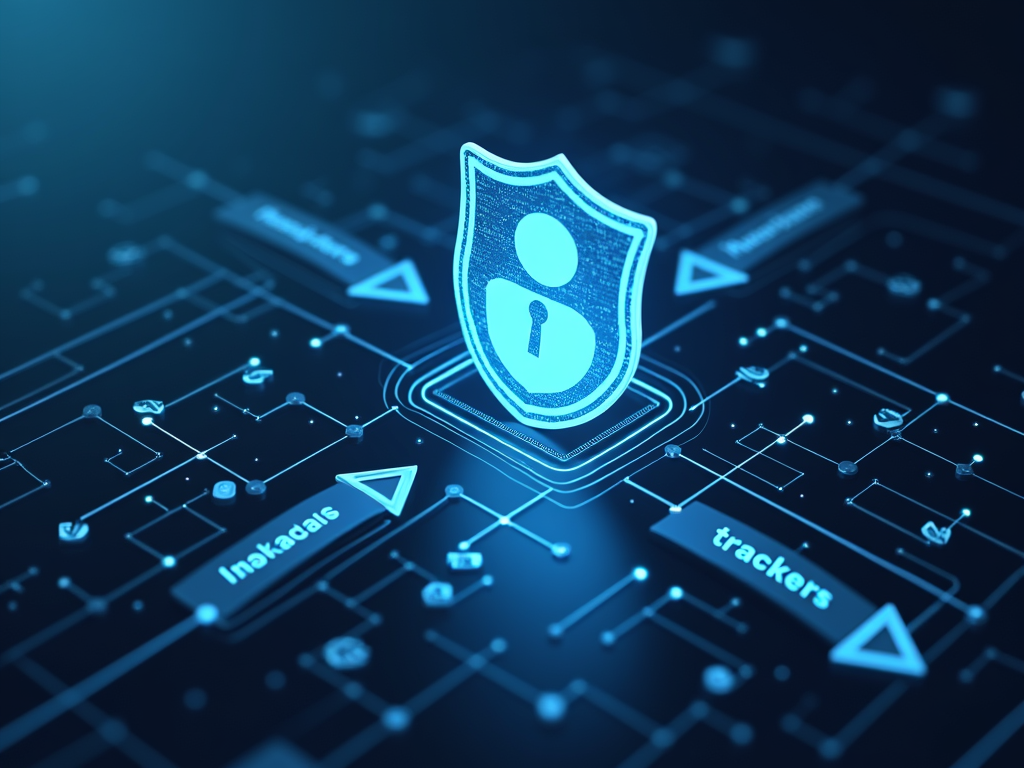
How to Pick a VPN
Not all VPNs are equal—I learned that the hard way with a slow free one years ago. Here’s what to look for:
- Strong Security: Check for solid encryption and a no-logs policy. A kill switch is a bonus—it cuts your internet if the VPN fails.
- Good Speed: You don’t want buffering forever. Test a few to find one that’s fast.
- Lots of Servers: More locations mean better options to unblock content.
- Simple to Use: It should work easily on your phone, laptop, everything.
For expert picks, see this PCMag VPN guide.
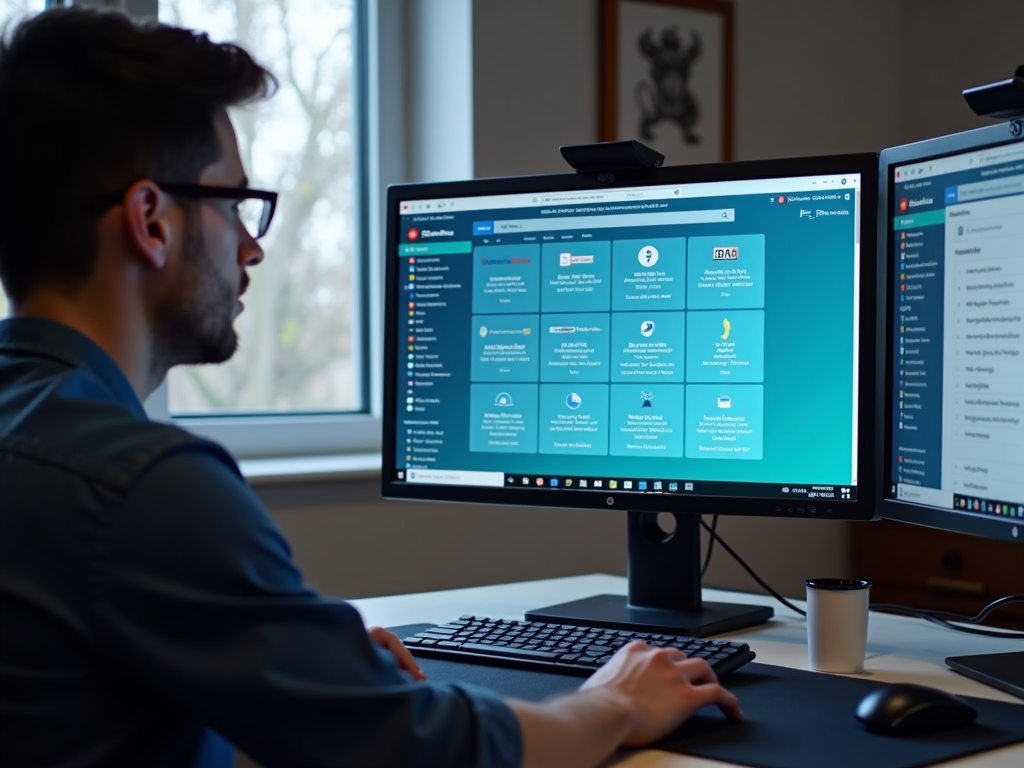
Best Practices for Using VPNs
Using a VPN right makes a big difference. Here’s what works for me:
- Turn It On for Public Wi-Fi: I never connect at airports without it.
- Use the Kill Switch: It’s saved me when my connection dropped once.
- Pick Secure Protocols: OpenVPN or WireGuard are my go-tos.
- Update Often: New features keep you safer.
- Skip Free VPNs: They can sell your data—pay for a good one.
These steps keep your privacy tight.
Pairing VPNs with Passwords
A VPN isn’t enough alone. Passwords matter too. Here’s my take on Best Practices for Password Management:
- Make Them Unique: I used to reuse passwords—big mistake.
- Go Strong: Mix letters, numbers, and symbols.
- Get a Password Manager: It’s a game-changer for remembering them.
- Add 2FA: That extra step stops hackers cold.
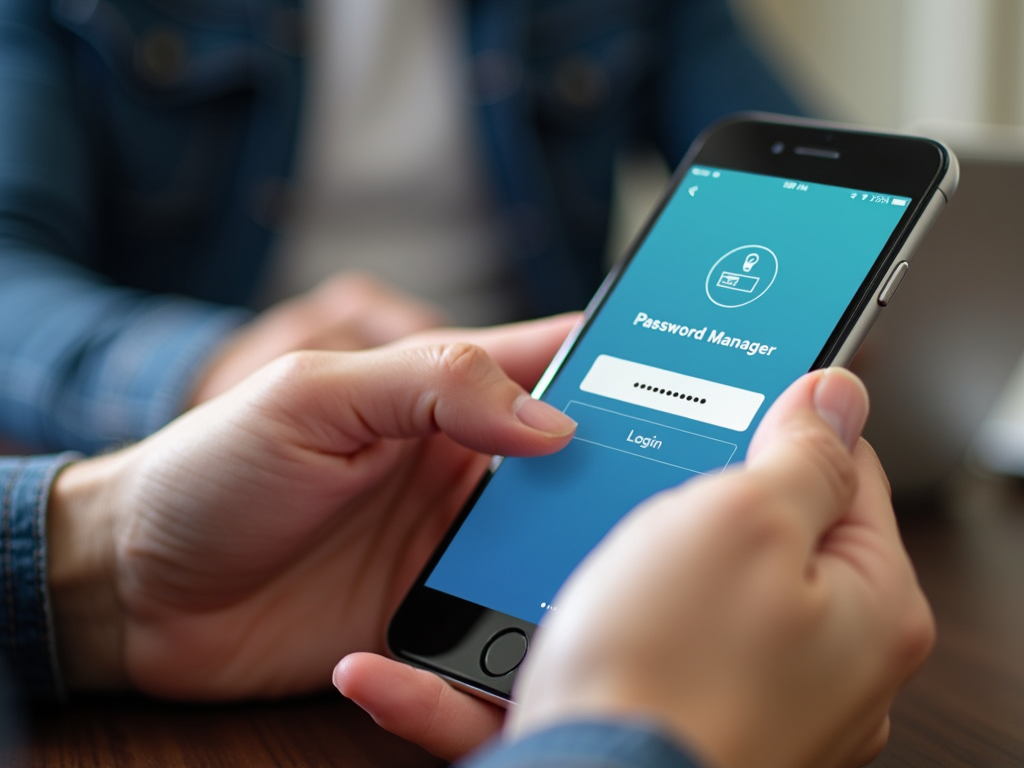
Picking the Perfect Password Manager for You
Finding a password manager you trust is key. I’ve tried a few, and here’s what to check:
- Top Security: It should lock your data tight with encryption.
- Easy Interface: You shouldn’t struggle to use it.
- Works Everywhere: Phone, tablet, computer—it needs to sync.
- Extra Perks: I love ones that warn me about breaches.
This Consumer Reports guide dives deeper into picking one.
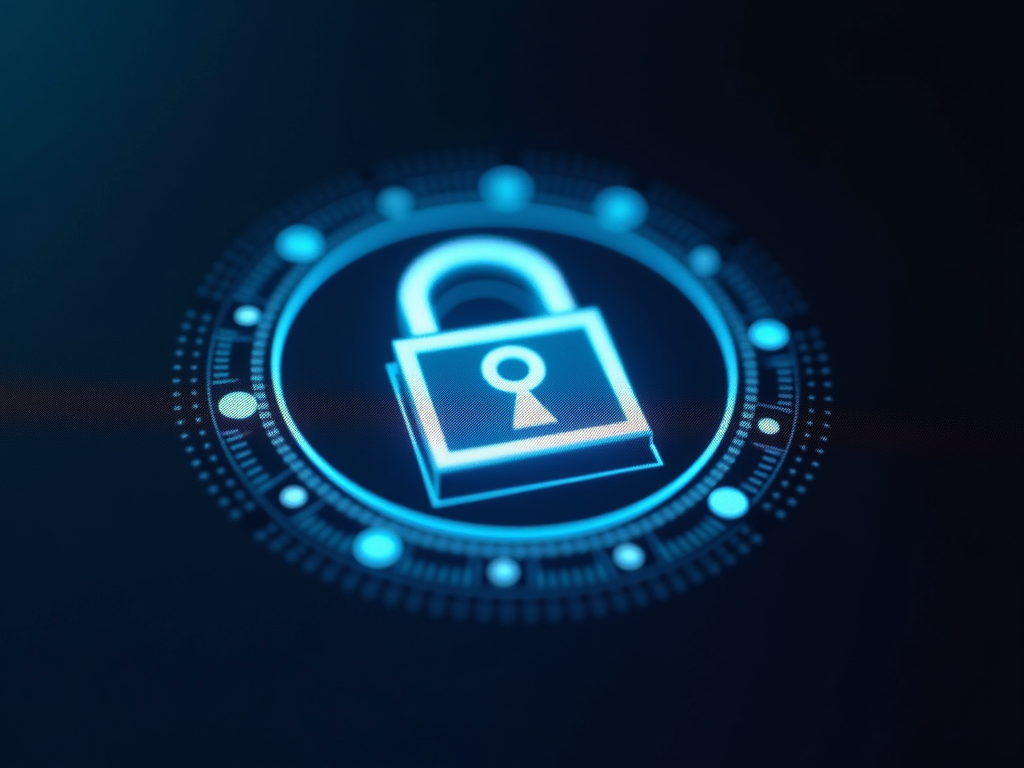
Top Online Privacy Tools for Android Users
If you’re on Android like me, you’ve got options. Here are my favorites for Top Online Privacy Tools for Android Users:
| Tool Type | Examples | Why It’s Good |
|---|---|---|
| VPN Apps | IVPN, NordVPN | Strong privacy on the go |
| Secure Browsers | Brave, Firefox Focus | Blocks trackers automatically |
| Messaging Apps | Signal, Telegram | Keeps chats private |
| Search Engines | DuckDuckGo | No tracking, just results |
These keep my phone locked down.
How to Configure IVPN on Android for Maximum Privacy
IVPN is my pick for Android—it’s fast and private. Here’s a step-by-step for How to Configure IVPN on Android for Maximum Privacy:
- Install It: Grab IVPN from the Play Store.
- Sign Up: Make an account on their site.
- Log In: Open the app, enter your details.
- Pick a Server: I choose one nearby for speed.
- Turn On Kill Switch: It’s in settings—crucial for safety.
- Set Protocol: I use WireGuard; it’s secure and quick.
- Connect: Hit the button, and you’re safe.
I’ve used this setup traveling—it’s solid.
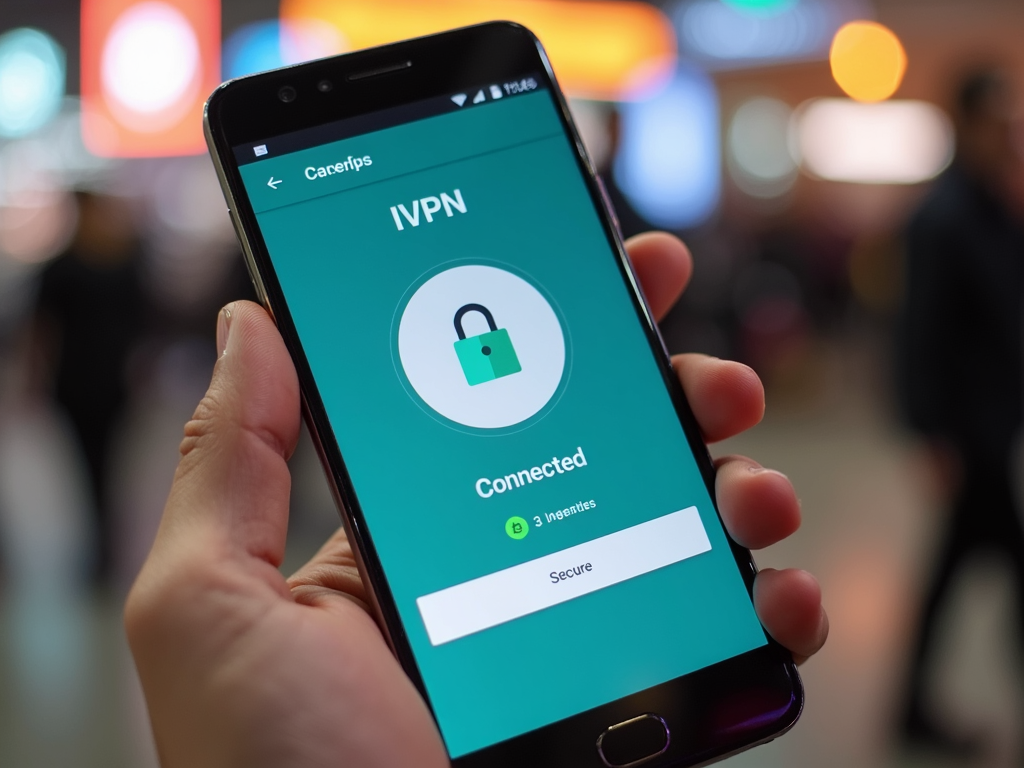
Real-Life Lessons
I didn’t always care about VPNs. Then a friend had their data stolen on public Wi-Fi. That woke me up. Now, I use a VPN daily—especially when I travel or work remotely. It’s not just tech; it’s peace of mind. Pair it with a password manager, and you’re way ahead of most people.
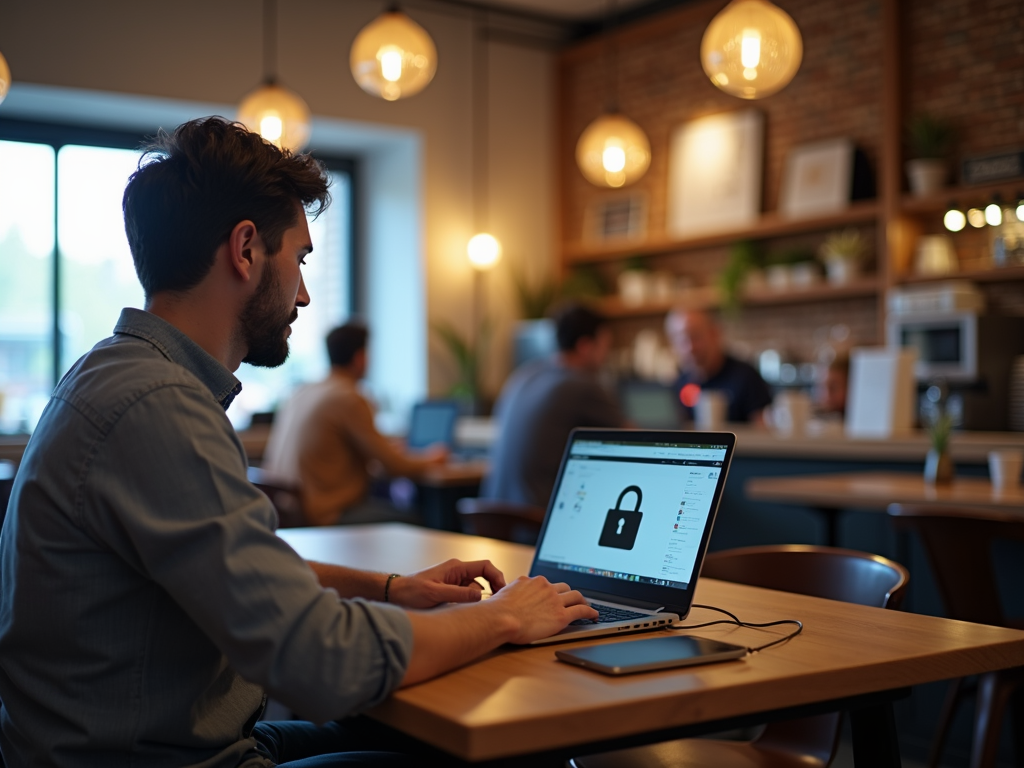
Summary
VPNs are a must for online privacy. They encrypt your data, hide your tracks, and protect you on risky networks. Pick one with strong security and speed, use it smartly, and add good password habits. You’ll feel safer online—and you will be. Check out more tips below!